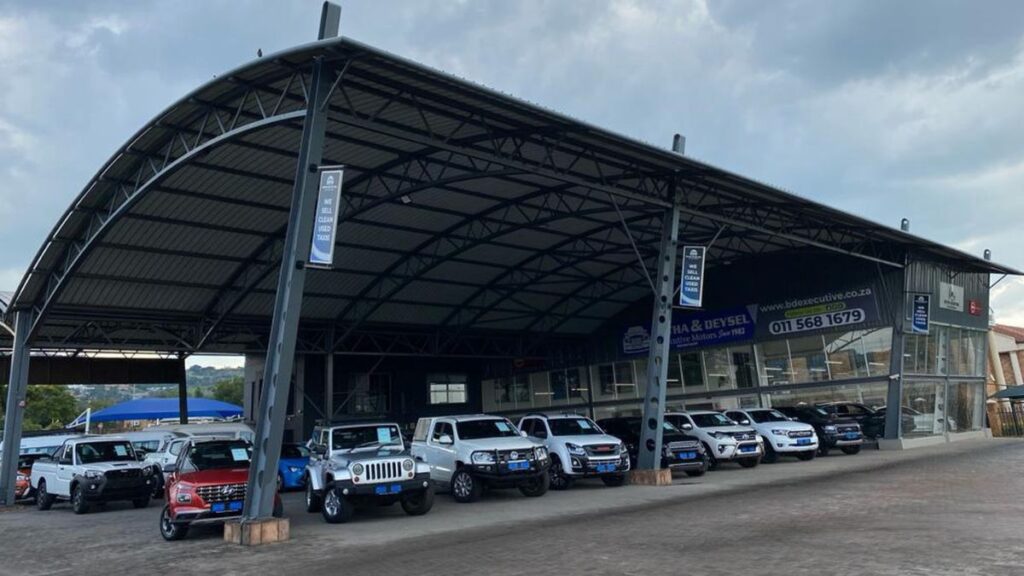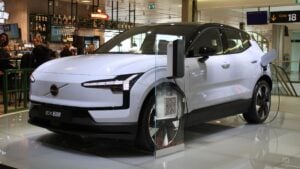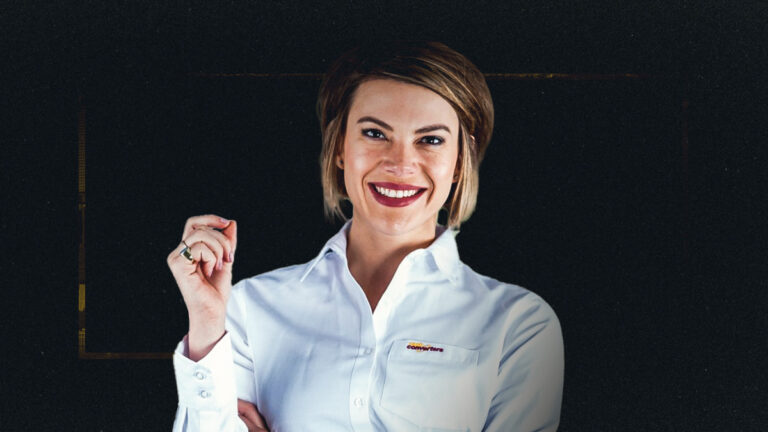The survival of these businesses under threat in South Africa

The survival of smaller or independent car dealerships is under threat in South Africa due to shrinking margins, global competition, and shifts in consumer behaviour.
This is according to Thembinkosi Pantsi, Vice Chairperson of the National Automobile Dealers’ Association (NADA), who warned that these businesses are under siege in South Africa.
“Smaller independent dealers are under severe pressure in terms of the margin squeeze that we’re seeing in the industry. Customer footfall is not where we’d like it to be, and overheads remain high.”
According to Pantsi, these pressures are compounded by South Africa’s sluggish economy, which continues to weigh heavily on businesses that don’t have the same buffers and support structures as larger dealer groups.
Unlike their corporate counterparts, independent dealerships lack the financial reserves, JSE listings, and access to low-cost funding that help bigger players weather tough economic conditions.
“Cash flow is critically important for independent dealers. And when sales dip or margins tighten, that becomes a very real problem,” said Pantsi.
While May 2025 brought some much-needed relief with new vehicle sales increasing by 22%, Pantsi said this improvement must be seen in context.
He pointed out that the overall trend over the past few years has been downward, particularly in new car sales.
One of the industry’s biggest changes is how consumers buy cars. Pantsi noted that the traditional in-dealership experience, where buyers walk in, explore models, sit in the cars, and speak to sales reps, is fading.
“People no longer walk into dealerships. They do their research online. They know exactly what they want, sometimes right down to the specs and price, before they even engage with a dealer,” he said.
Platforms like AutoTrader and WeBuyCars have capitalised on this digital shift and, according to Pantsi, pose a real challenge for smaller dealers.
“The larger players with deeper pockets have gone aggressively into technology and the e-buying of cars,” he said.
“Independent dealers are having to respond by embracing online platforms and technology-driven solutions to stay relevant.”
Adapt or die
Another disruptor in the market is the entry of Chinese car manufacturers, which Pantsi said are changing the game entirely.
“The Chinese brands have really shaken up the local market,” he said. “For consumers, they offer an excellent value proposition that’s hard to ignore.
“And you’re now seeing them setting up shop right next to luxury brands like Land Rover and Jaguar in the richest parts of Johannesburg.”
While cheaper new vehicles are a threat to small dealerships, there’s also a potential upside for them.
Some Chinese brands, Pantsi explained, are more open to working with smaller dealers and even support multi-franchise models, where one dealer can offer multiple brands under one roof.
“That’s something we’re already starting to see, and it could help diversify revenue streams,” he said. Despite the challenges, Pantsi believes this is also a time of opportunity.
“This is an exciting time. It stretches our capabilities and forces us to innovate. Dealers are starting to build what we call ‘dealers of the future’,” he said.
Pantsi pointed to international examples like the UK, where some companies have adopted car vending machines.
“You go, insert a token, and your car is delivered to you with no human interaction. That’s the kind of innovation we’re not ruling out in South Africa.”
But alongside technological innovation comes the need for workforce transformation. As electric vehicles become more common, the demand for traditional mechanics is expected to drop.
“EVs don’t have engines in the traditional sense. We won’t need as many traditional technicians but more people with electrical and tech skills. The jobs won’t vanish; they’ll just change.”
Pantsi added that the sector will need to keep evolving. “The automotive industry contributes nearly 6% to South Africa’s GDP,” he said.
“It’s too important to fail. But we must adapt. That means embracing technology, reskilling the workforce, and finding new ways to serve a changing customer.”





















